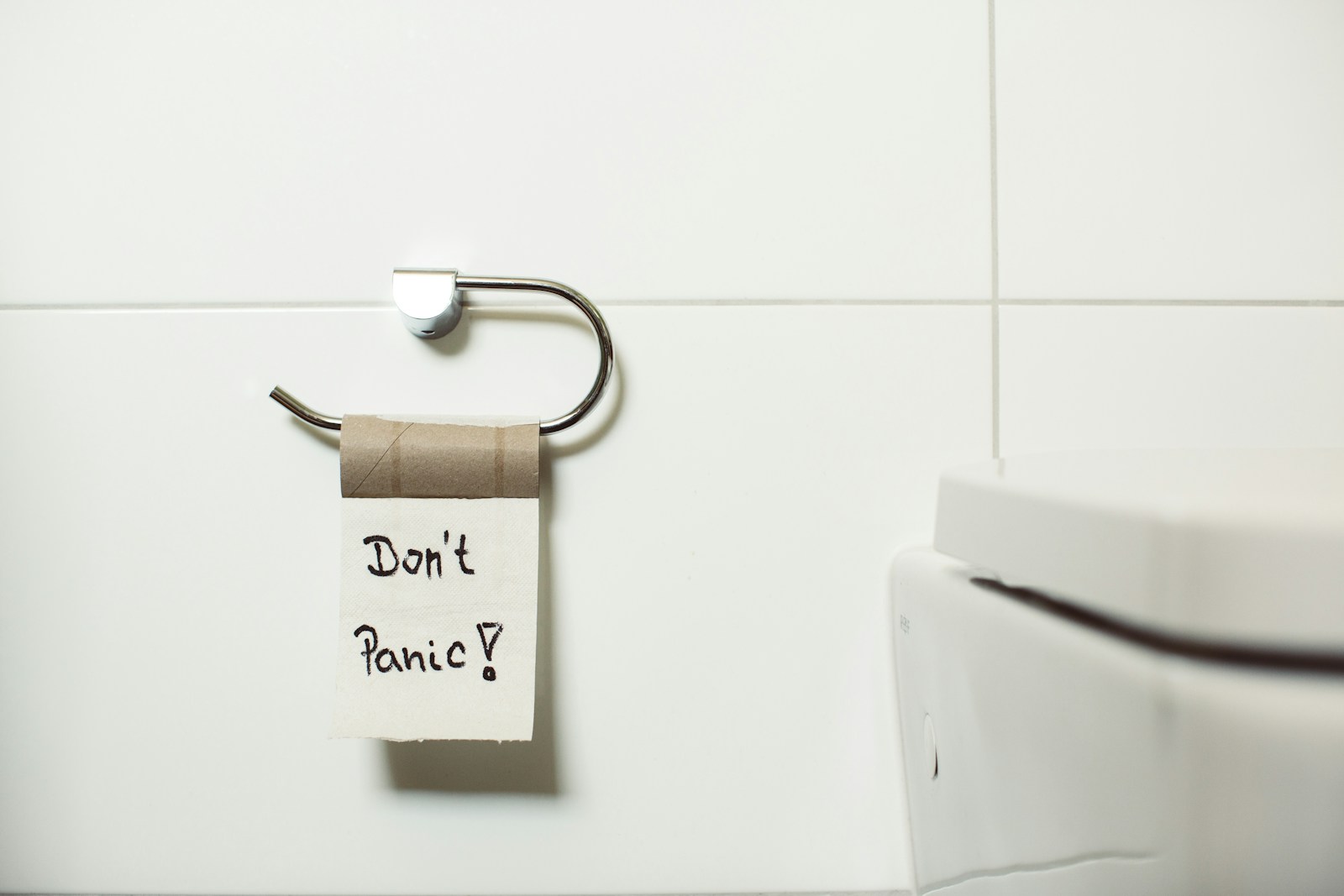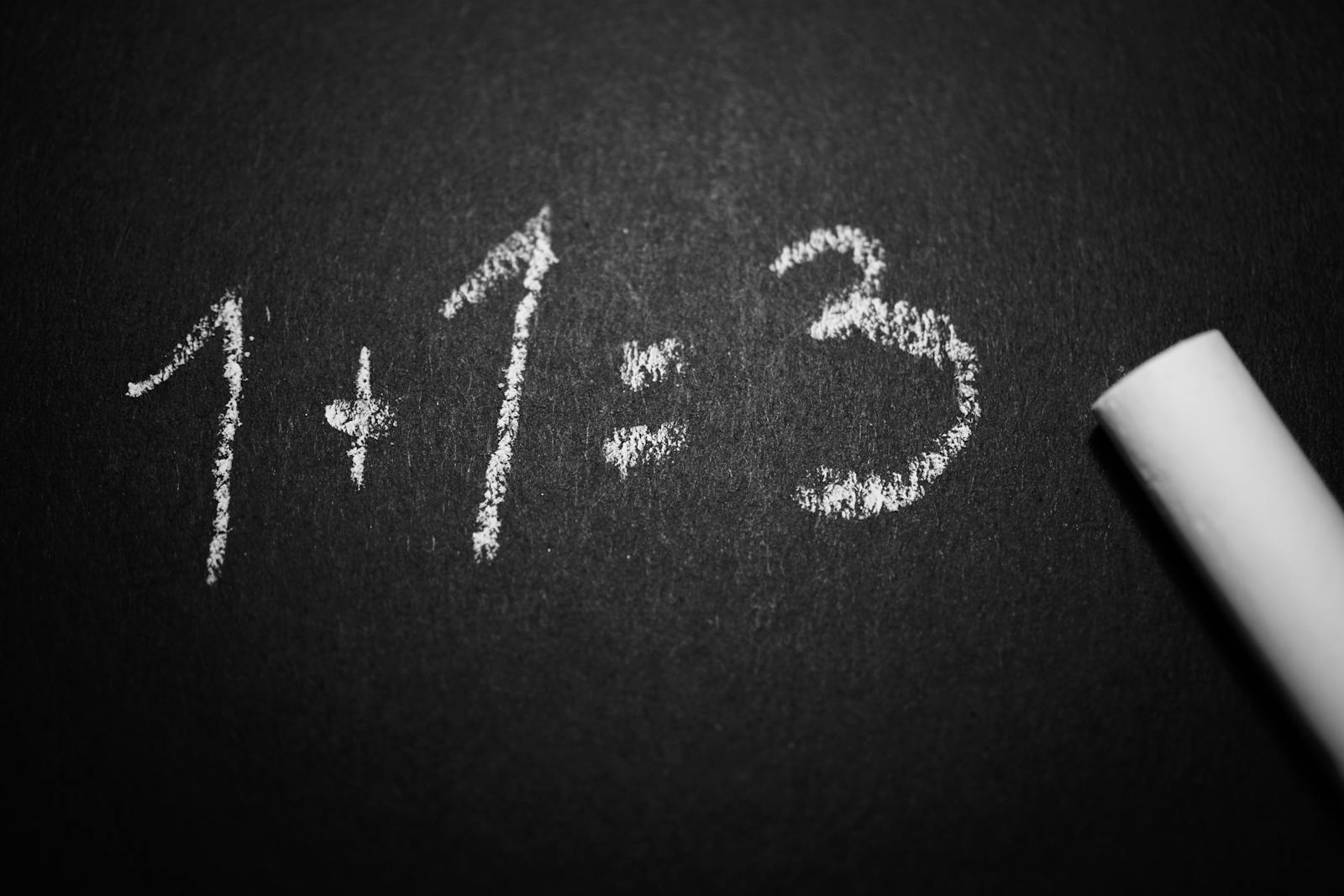Buying your first home is an exciting milestone, but it’s also a process filled with potential pitfalls. First-time buyers often focus on finding the perfect home, but one mistake can turn homeownership into a financial headache.
So, what’s the biggest mistake first-time home buyers make? Not getting pre-approved for a mortgage before house hunting.

Why Pre-Approval Matters
1. You Need to Know What You Can Afford
Many first-time buyers fall in love with homes that are out of their budget, only to be disappointed when they can’t secure financing. A mortgage pre-approval sets clear expectations and ensures you shop within your means.
2. Sellers Take You More Seriously
In competitive markets like Edmonton, sellers prioritize offers from pre-approved buyers. Without pre-approval, your offer may not even be considered, especially in multiple-offer situations.
3. It Saves You Time
Pre-approval narrows down your search to homes you can afford, preventing wasted time on properties that won’t work for your budget.
4. You’ll Lock In a Mortgage Rate
Interest rates fluctuate, and a pre-approval locks in your rate for a set period. This protects you from potential rate increases while you shop.

Other Costly Mistakes First-Time Buyers Make
Skipping the Home Inspection
Some buyers try to save money by waiving a home inspection, but this can lead to costly surprises later. Always hire a professional inspector to identify potential issues before committing to a purchase. A licensed inspector will cost about $500, but an inspection could save you tens of thousands in potential repairs. While a seller in Alberta is legally required to disclose defects, they may not be aware of the full history of the house, or repairs may have been poorly completed. $500 is a small amount to spend on possibly the largest purchase of your life, so don’t go cheap - it can and will cost you.
Overextending Financially
Just because you’re approved for a certain amount doesn’t mean you should spend it all. Consider additional costs like property taxes, utilities, home insurance, and maintenance. Having a place to call your own is cool, but having your friends sit on the floor because you couldn’t get furniture for your new pad is lame.
Ignoring First-Time Buyer Incentives
There are several programs available to first-time buyers in Canada, such as:
The First-Time Home Buyer Incentive (Shared equity program to reduce mortgage payments)
RRSP Home Buyers’ Plan (Withdraw up to $60,000 tax-free for a down payment)
First-Time Home Buyers’ Tax Credit ($1,500 tax refund to help with closing costs)
Failing to Work with a Realtor Who Understands First-Time Buyers
A knowledgeable Realtor can help you navigate the market, negotiate on your behalf, and ensure you avoid common pitfalls. They’ll also guide you through the legal paperwork and closing process. Check testimonials (hint - Mike’s are listed on his home page). If the Realtor isn’t willing to provide references, RUN!

How to Avoid These Mistakes and Buy with Confidence
Step 1: Get Pre-Approved
Before you start house hunting, meet with a mortgage broker or lender to get pre-approved. Have your financial documents ready, including proof of income, credit history, and down payment details.
Step 2: Work with a Realtor Specializing in First-Time Buyers
An experienced Realtor can help you find the right home, understand market trends, and negotiate the best deal. They’ll also make sure you don’t overlook key details in the purchase agreement.
Step 3: Stick to Your Budget
Just because you qualify for a certain amount doesn’t mean you should max out your budget. Leave room for unexpected expenses.
Step 4: Don’t Skip the Home Inspection
Even if the market is competitive, a home inspection is a non-negotiable step to protect your investment.
Step 5: Explore First-Time Buyer Incentives
Take advantage of available government programs to reduce your overall costs and make homeownership more affordable.

Frequently Asked Questions (FAQ)
1. What’s the difference between pre-qualification and pre-approval?
Pre-qualification is an informal estimate of how much you might be able to borrow. Pre-approval is a more in-depth process where a lender reviews your financial documents and confirms how much they’re willing to lend.
2. How long does mortgage pre-approval last?
Most pre-approvals are valid for 90 to 120 days. If you don’t find a home within that timeframe, you may need to reapply.
3. Does getting pre-approved affect my credit score?
A mortgage pre-approval involves a hard credit check, which may cause a small, temporary dip in your credit score. However, multiple mortgage inquiries within a short period (usually 14–45 days) are treated as a single inquiry.
4. Can I make an offer on a home without pre-approval?
Technically, yes, but it’s not advisable. Many sellers won’t take your offer seriously without proof that you can secure financing.
5. What if my financial situation changes after pre-approval?
If you lose your job, take on new debt, or your credit score drops, it can impact your mortgage approval. Avoid major financial changes until after your home purchase is finalized.

Final Thoughts
Buying your first home should be an exciting and rewarding experience, not a stressful one. By getting pre-approved before house hunting, you set yourself up for success and avoid the biggest mistake first-time buyers make. Work with professionals, stay within your budget, and take your time making the right decision.
Need expert guidance? Contact me today to start your home-buying journey with confidence! I’m available by call or text at 780-232-2064.

